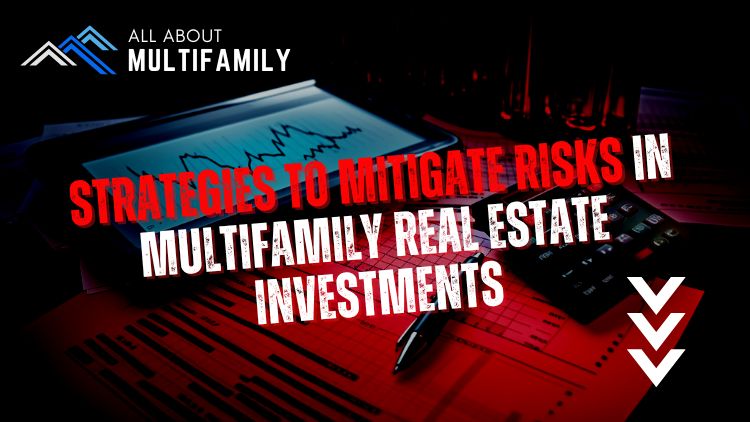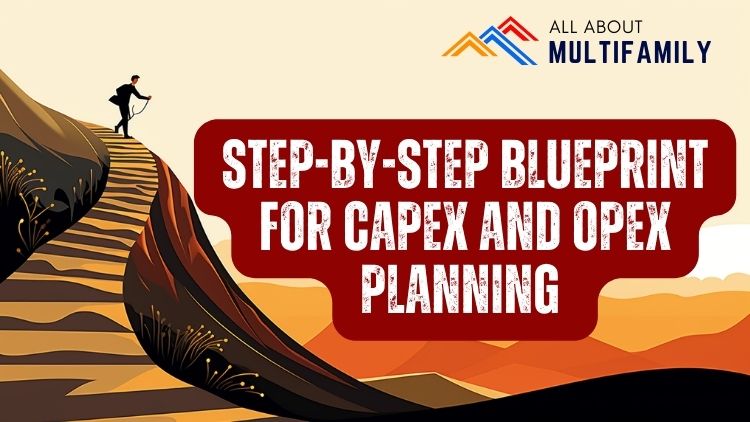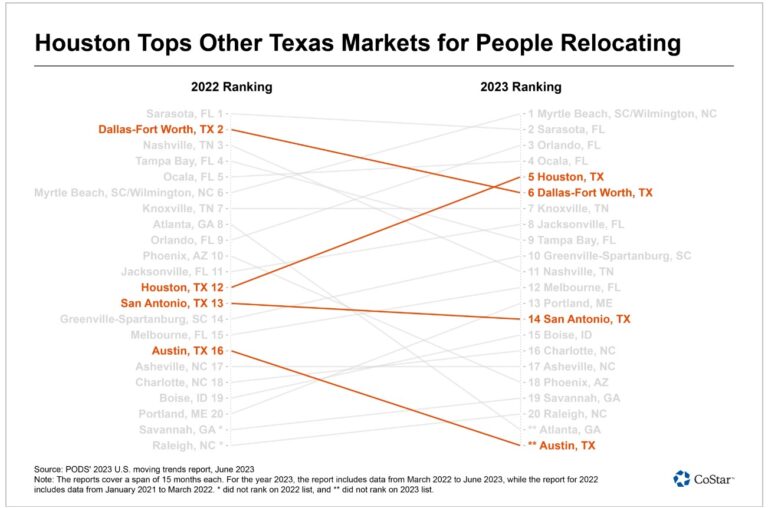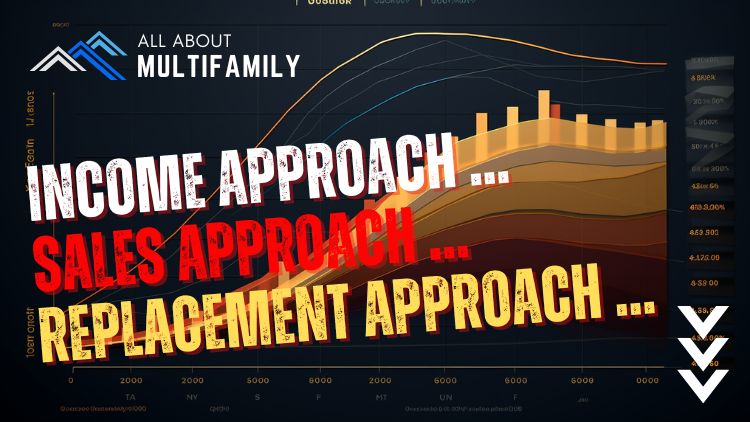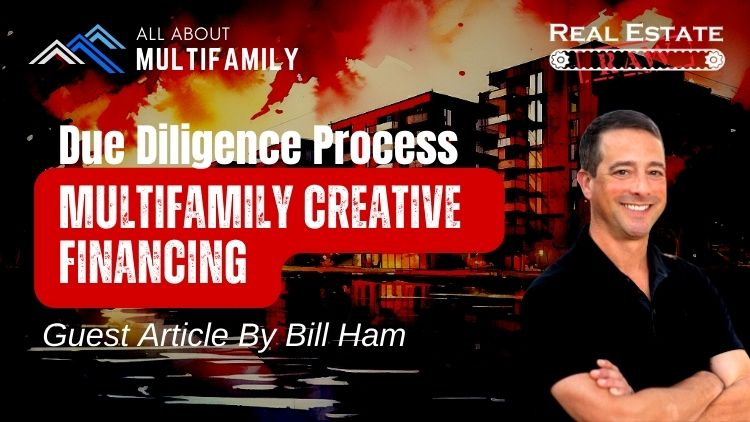The housing market is currently experiencing significant challenges due to the escalating costs of construction. These mounting expenses are causing a ripple effect throughout the industry, affecting builders, buyers, and the overall economy. In this article, we will explore the reasons behind the surge in construction costs and its implications for the housing market.
1. The Surge in Material Prices
One of the primary factors driving the increase in construction costs is the surge in material prices. Raw materials like lumber, steel, and cement have experienced unprecedented price hikes, primarily due to supply chain disruptions and global market dynamics. These inflated costs directly impact the expenses incurred by builders, making housing construction more expensive overall.
2. Labor Shortages
Another significant challenge faced by the housing market is the shortage of skilled labor. The industry has been grappling with a lack of qualified workers, resulting in increased wages and project delays. With the demand for housing on the rise, the scarcity of skilled laborers further contributes to the rising construction costs. Contractors are compelled to pay higher wages to attract and retain talent, ultimately affecting the affordability of homes.
3. Regulatory Compliance
Stringent regulations and compliance requirements have also played a role in the escalating construction costs. While regulations are essential for ensuring quality and safety standards, they often add complexity and expenses to the construction process. Builders need to invest in additional permits, inspections, and compliance measures, which drive up costs. Striking the right balance between regulatory compliance and cost-effectiveness remains a challenge for the housing industry.
4. Impact on Affordability
The rising construction costs have severe implications for housing affordability. As builders face higher expenses, they are compelled to pass on these costs to homebuyers. Consequently, the prices of new homes have surged, making it increasingly difficult for individuals and families to enter the housing market. This affordability crisis can hinder economic growth and exacerbate social inequalities.
5. Strategies to Mitigate the Impact
While the challenges posed by escalating construction costs are significant, there are strategies that can help mitigate their impact on the housing market. Some potential approaches include:
a) Embracing Technological Advancements: Implementing innovative construction methods and technologies can enhance efficiency, reduce labor requirements, and lower costs. Modular construction, prefabrication, and automation are some examples of technologies that can streamline the building process.
b) Investing in Skilled Labor: Encouraging vocational training programs and offering competitive wages can attract more individuals to the construction industry. By addressing the labor shortage, the industry can stabilize wages and control costs.
c) Advocating for Regulatory Reforms: Engaging with policymakers to advocate for sensible regulations that prioritize safety while minimizing unnecessary burdens can help reduce construction costs. Streamlining the permitting process and addressing compliance challenges can make housing more affordable.
The housing market is facing significant challenges due to the escalating costs of construction. Factors such as surging material prices, labor shortages, and regulatory compliance have contributed to the increased expenses. The impact is felt in the form of reduced housing affordability, hindering access to homeownership. However, by embracing technological advancements, investing in skilled labor, and advocating for regulatory reforms, the industry can work towards mitigating these challenges. Finding a balance between quality construction and cost-effectiveness is crucial for a sustainable and thriving housing market.














































![An In-Depth Look at Jake and Gino's Coaching Program [A Review]](https://allaboutmultifamilyinvesting.com/wp-content/uploads/2023/10/AAM-BMP-Blog-Covers-750-×-422px-6.jpg)


![Email Marketing Tips for Multifamily Real Estate Syndicators to Raise Capital [Templates included]](https://allaboutmultifamilyinvesting.com/wp-content/uploads/2023/09/AAM-BMP-Blog-Covers-750-×-422px-4.jpg)

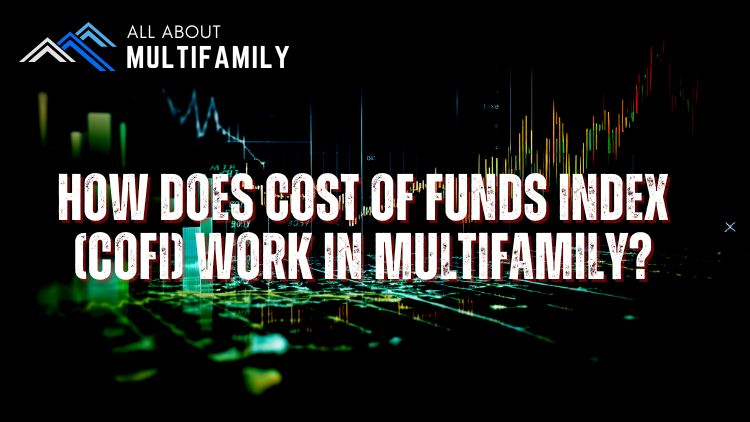




![The Richest Kids In America [Book Review]](https://allaboutmultifamilyinvesting.com/wp-content/uploads/2023/09/AAM-BMP-Blog-Covers-750-×-422px-84.jpg)




